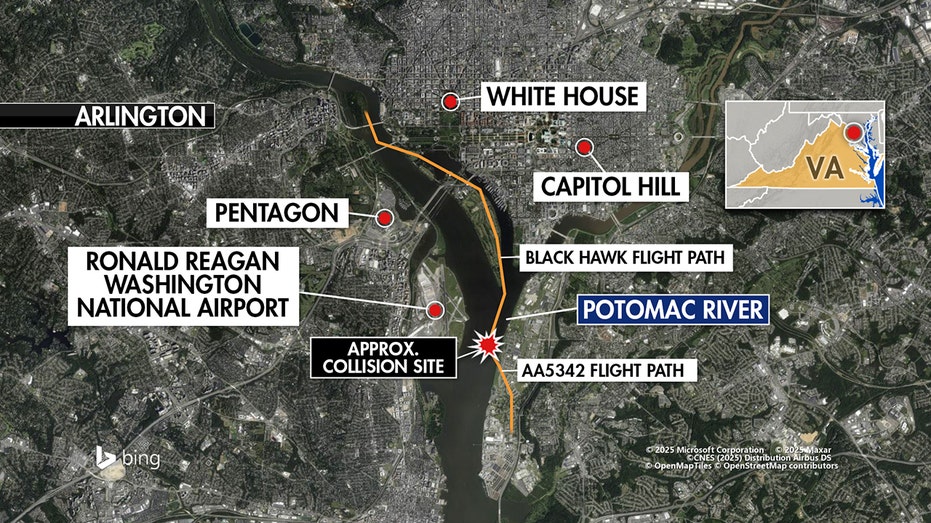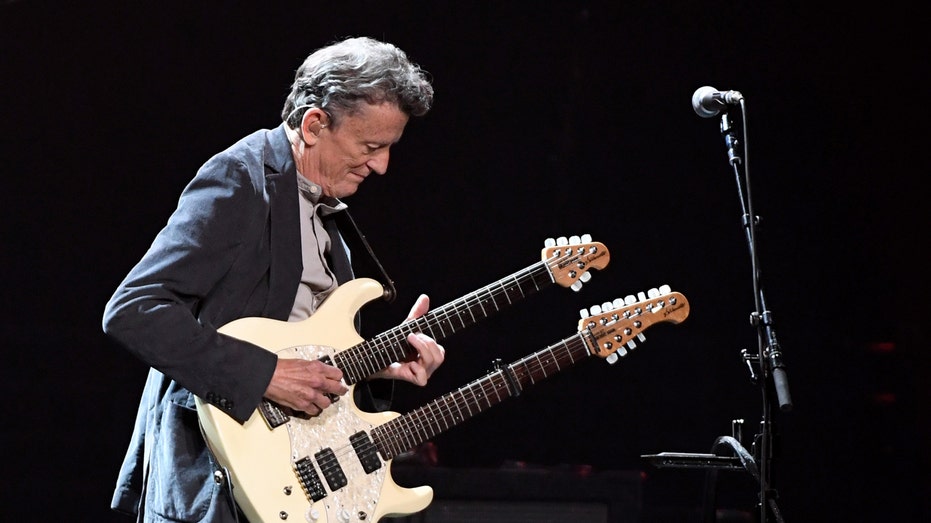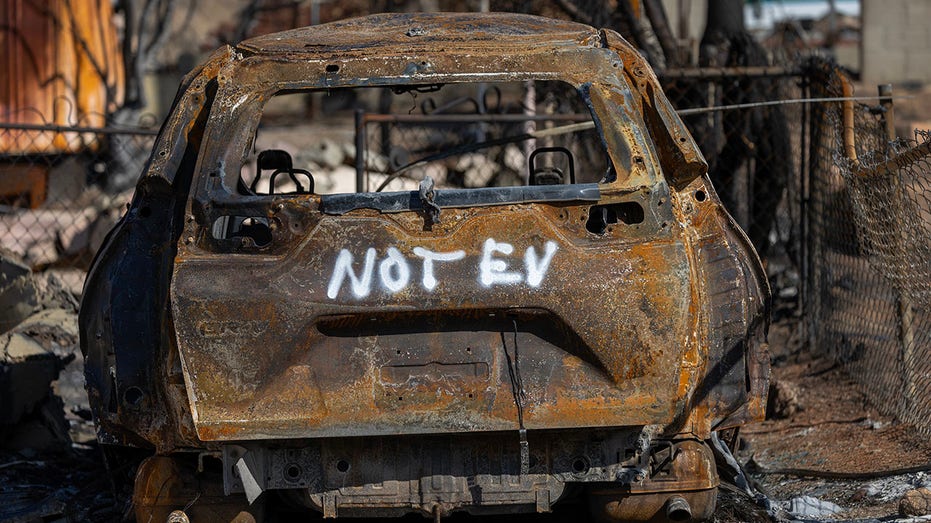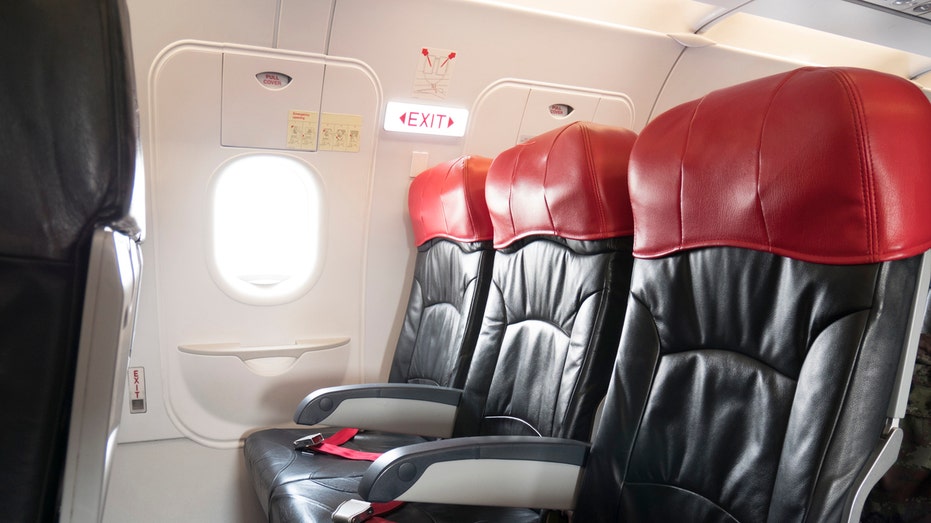- by foxnews
- 31 Jan 2025
‘Hardly anyone is getting off’: despite Labor’s promises, refugees needing urgent medical care remain on Nauru
‘Hardly anyone is getting off’: despite Labor’s promises, refugees needing urgent medical care remain on Nauru
- by theguardian
- 18 Dec 2022
- in news
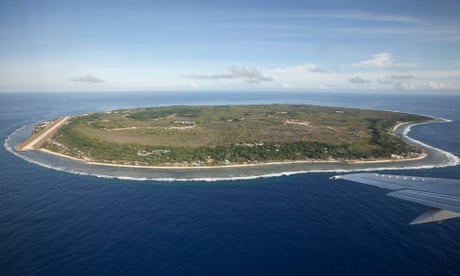
An Afghan refugee held by Australia on Nauru since 2013 has been prevented from reuniting with his extended family - who were evacuated from Kabul to Melbourne last year - despite him needing to be moved off Nauru for urgent medical treatment.
Seventeen members of Mahal's* family, including his wife and children, were brought to Australia after the Taliban reclaimed control of Afghanistan last year, and are already permanent residents. Mahal's brother, who arrived earlier, is a citizen.
But Mahal is unable to be reunited with them because of the government policy that insists refugees who came by boat can never be allowed to resettle in Australia. This is despite Mahal twice being referred by his treating doctors for critical medical treatment overseas.
He requires a stomach procedure that doctors on Nauru cannot perform. A temporary transfer to Taiwan, where Australia regularly sends refugees requiring tertiary-level treatment, was previously deemed "not suitable" on Mahal's paperwork, because of his accompanying mental health issues. He refused a subsequent shift to Taiwan, citing other refugees who had been sent multiple times, only to return with their medical complaints unresolved.
Mahal applied to be resettled in Canada, but was rejected because Canada insists it does not separate families, and noted Mahal's family is in Australia.
So Mahal is stranded.
"I don't have any hope. I don't know what's going to happen to me, but I can't survive this," he said.
His case is only one of many among the remaining refugee and asylum seeker population on Nauru where medical transfers to Australia have not been permitted.
The Guardian has spoken to more than a dozen people with knowledge of the medical transfer system, who have all reported a sclerotic, unpredictable process. : "Hardly anyone is getting off, and it's getting really critical," one said.
Mahal was forced to flee Afghanistan by threats from the Taliban. He left behind a wife and two daughters, and a son he would never see again.
He arrived in Australia by boat, landing on Christmas Island in August 2013, a fortnight after the Rudd government announced that no refugee who arrived by boat would ever stay in Australia.
In a month, he was on Nauru.
"When we saw the situation here, we feel 'we are going to die here'," he says.
From a refugee and asylum seeker population that numbered more than 1,200 in the years after Mahal arrived, there are fewer than 90 left.
Many who arrived on the same boat as Mahal now live in Australia, belying the insistence of successive governments that no one who came by boat would ever settle there.
Mahal's health deteriorated on Nauru, at first gradually, then precipitously. In 2018, his son was killed in Afghanistan, triggering a collapse in his mental health. It was then that doctors first recommended he be moved off the island. It never happened.
"I was working but I have had to resign from my job, I could not work any more," he says. "I had too much stress, I could not concentrate. I still cannot sleep.
Doctors have diagnosed Mahal with severe anxiety and depression. His stomach condition remains untreated. While he waits for a resolution, it gets worse.
"This is not just me, it is many people left here. Mentally, physically, we are not OK. We don't know what will happen to us. We feel oppressed. We feel scared."
Another refugee held on Nauru, Syed*, was forced to flee his homeland Bangladesh in 2012, leaving behind his pregnant wife.
"Long-term separation from my family puts myself and my wife under tremendous amount of mental stress. I'm feeling very down these days and I do have suicidal thoughts. I'm engaging with mental health services to seek help but my mental health is deteriorating and I'm finding it hard to cope."
Syed's claim to refugee status was recognised in 2015, but he is still waiting for a resolution of his case. Applications for resettlement in the US, and for private sponsored resettlement in Canada are unresolved.
Syed is suffering acute stomach and kidney conditions. He has suffered severe weight loss through being unable to eat, and persistent diarrhoea. He says his medical treatment on Nauru is inadequate, a fact recognised by the fact he has been told he can go to a hospital in Taipei. But, like Mahal, he says other refugees who have been sent to Taiwan have been inadequately treated, or sent back to Nauru before their treatment was completed.
Rachel Saravanamuthu, a senior solicitor with the Asylum Seeker Resource Centre, says the process for moving seriously unwell people out of Australia's offshore processing system is opaque.
Saravanamuthu says it is unclear "what matrix or processes" are being applied to medical transfer decisions. "People with urgent conditions are still waiting.
"We don't want another person to die in detention: there has already been so much loss of life, and deterioration of people's health. I think some people might never recover after what they've endured in the offshore detention process."
Alison Battisson of Human Rights For All says submissions to the Australian government for medical transfers are being "stonewalled".
"There is no response, no engagement, it feels like yet another hidden problem the government is hoping people will turn away from because the majority of people have been taken off the offshore islands. But these are the acute cases that require the most urgent interventions.
"This is an incredibly vulnerable cohort still being held offshore, and they are being hidden. The government is not taking responsibility for those people it has placed in those situations."
Labor was elected in May on a platform of reforming the offshore medical transfer process. The ALP's national policy platform states it will "improve the medical transfer process, establish an Independent Health Advice Panel to provide medical advice and maintain ministerial discretion in all decision making".
A spokesperson for the office of the home affairs minister, Clare O'Neil, said it would not comment on individual cases, but the government was committed to a "robust" migration system that included regional processing and no settlement in Australia for unauthorised maritime arrivals.
The spokesperson said refugees and asylum seekers on Nauru had access to primary healthcare and mental health services, and that, when specialist medical treatment not available on Nauru was required, "mechanisms are in place for temporary medical transfers to a third country, including Taiwan and Australia".
"Medical transfers are based on individual circumstances, the existence of medical services in Nauru and medical advice from the treating doctor and a medical officer of the commonwealth.
"The government remains focused on identifying third-country migration outcomes for individuals under regional processing arrangements who have no settlement pathway in Australia."
* Names have been changed
- by foxnews
- descember 09, 2016
Flight passenger asks who controls entertainment center for extra seat, ignites etiquette debate
A flight passenger asked on Reddit about the use of the entertainment center when sitting in a two-seat, exit-row chair, with folks on social media weighing in. An etiquette expert shared insights.
read more